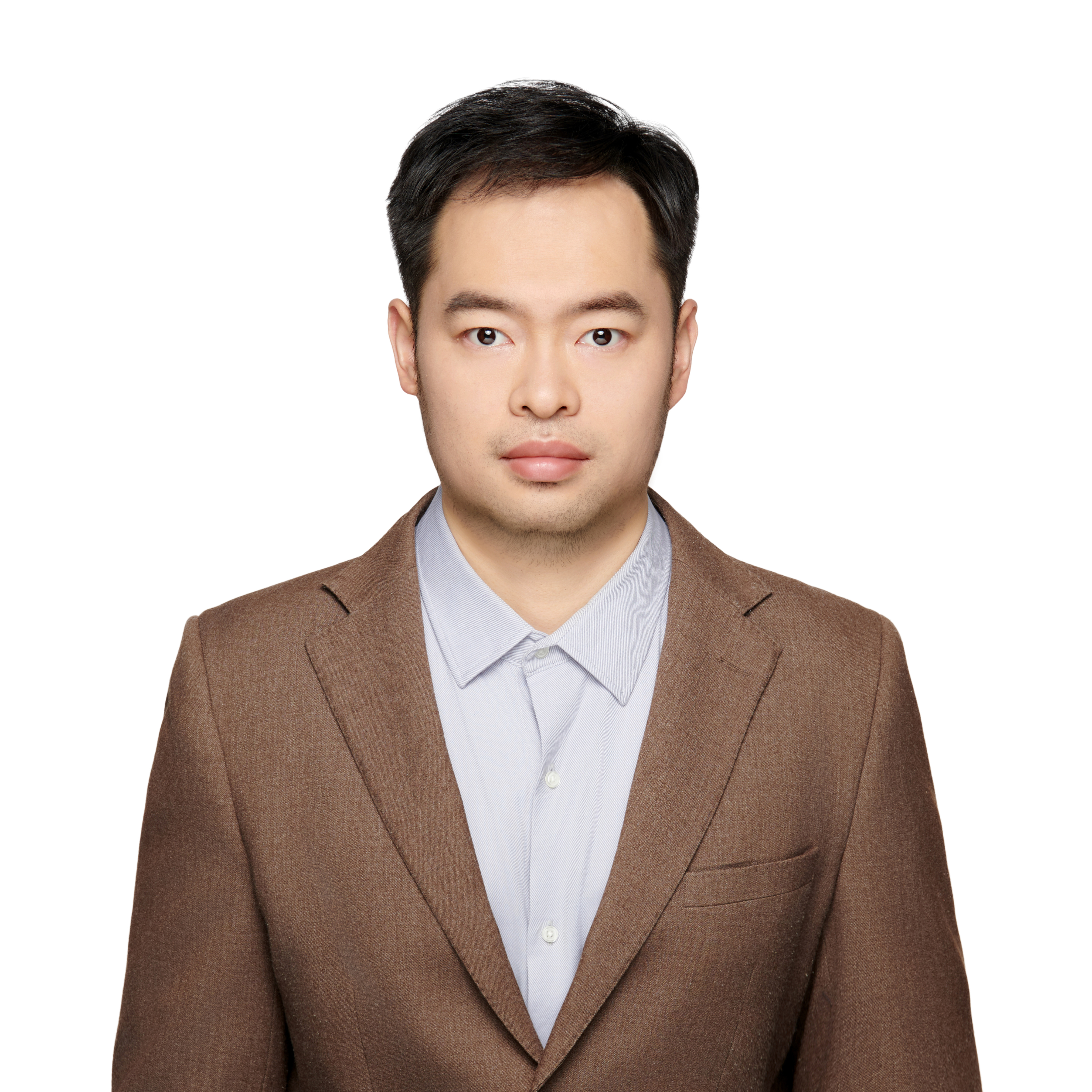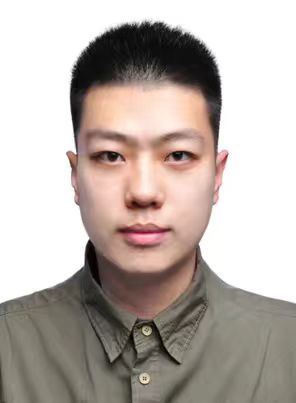Prof. Yuankai Wu
Professor • College of Computer Science • Sichuan University
I develop intelligent solutions using data-driven approaches and machine learning, with emphasis on deep learning, spatiotemporal data analysis, and intelligent decision-making and control.
About
I'm a Tenure-Track Professor (position equivalent to full professor) at the College of Computer Science, Sichuan University. My primary focus is on developing intelligent solutions using data-driven approaches and machine learning. Previously, I was an IVADO postdoctoral fellow at McGill University. I completed my Ph.D. at Beijing Institute of Technology.
My research interests include deep learning, spatiotemporal data analysis, intelligent decision making and control, and applications across air traffic management and intelligent transportation systems. My publications have received 5000+ citations on Google Scholar.
Research Interests
Personal Update
I am recruiting Ph.D. and MSE students for Fall 2026 in: (1) Machine Learning and Data Science, (2) Algorithms for air traffic management and intelligent transportation systems, (3) Spatiotemporal data modeling. If you are interested, please take a look and contact me.
Selected News
- Selected among Stanford/Elsevier's Top 2% Scientists for 2024 September 2025 • Better than 2023.
- Selected among Stanford/Elsevier's Top 2% Scientists for 2023 September 2024 • Ranked top 1% by performance for 2023.
- First cohort of the National Program for Recruiting Overseas Postdoctoral Talents March 2024
- Promoted to IEEE Senior Member October 2023
- Awarded Tianfu Emei plan of Sichuan Province April 2023
- 2022 IEEE TII Outstanding Paper Award August 2022
- Tenure-track professor at Sichuan University (level equivalent to full professor) March 2022
Selected Publications
-
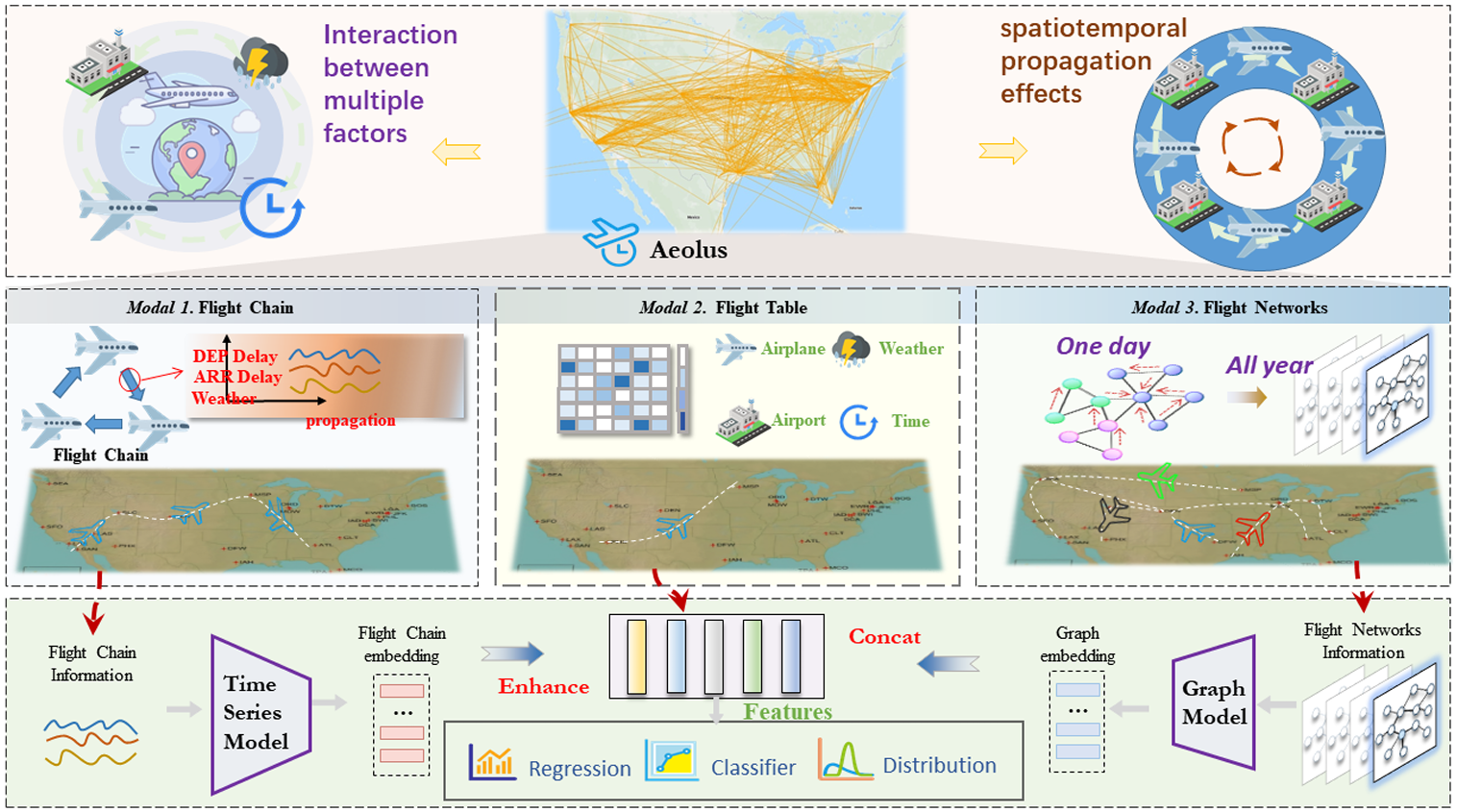 Aeolus: A Multi-structural Flight Delay Dataset NeuRIPS, 2025.
Aeolus: A Multi-structural Flight Delay Dataset NeuRIPS, 2025.A large-scale multi-modal flight delay dataset for benchmarking deep tabular model.
-
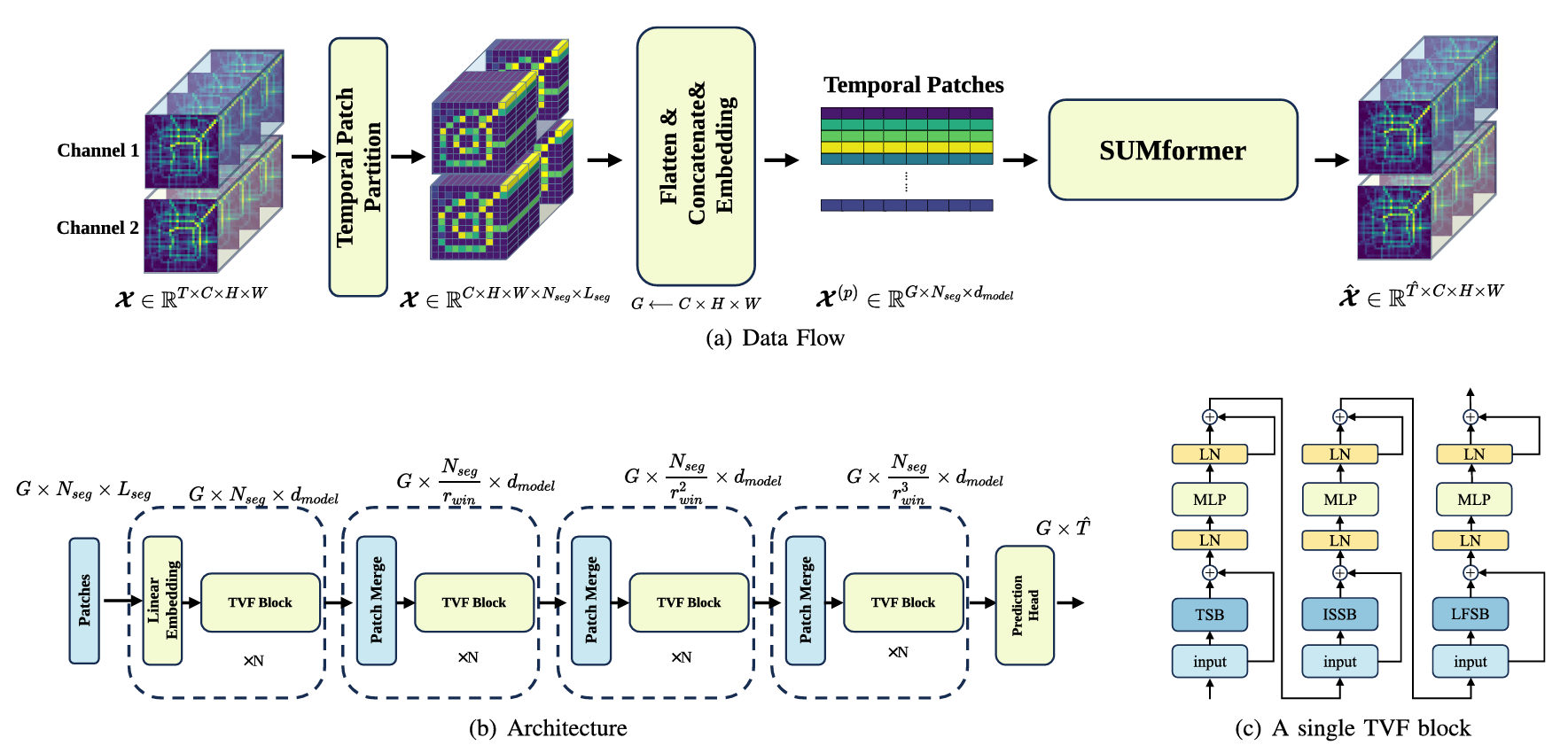 Rethinking urban mobility prediction: A multivariate time series forecasting approach TITS, 2025.
Rethinking urban mobility prediction: A multivariate time series forecasting approach TITS, 2025.A Transformer for urban mobility prediction.
-
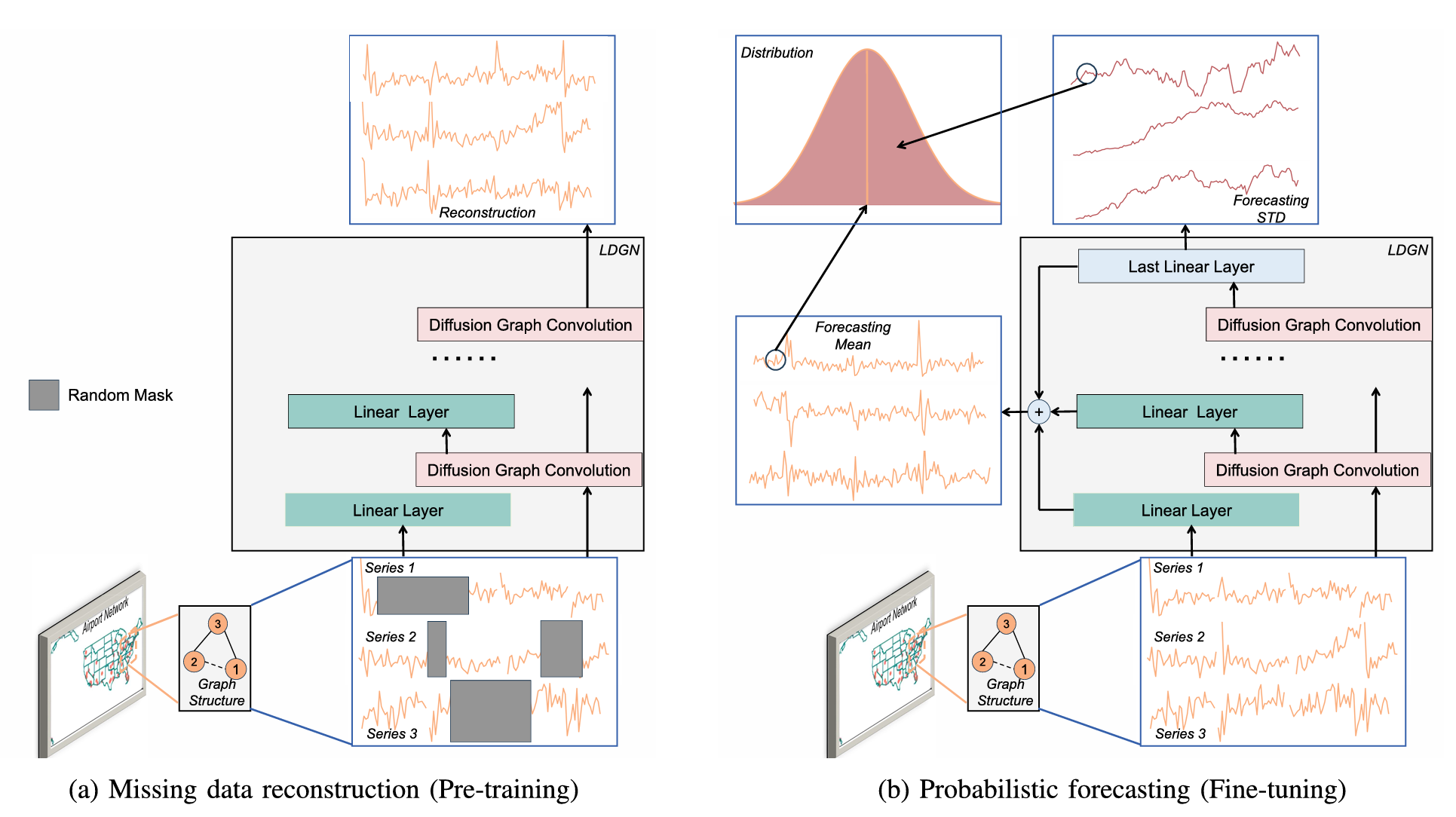 Long-Term Airport Network Performance Forecasting With Linear Diffusion Graph Networks TITS, 2024.
Long-Term Airport Network Performance Forecasting With Linear Diffusion Graph Networks TITS, 2024.We propose a linear diffusion-based graph network to capture long-horizon spatial propagation for airport network performance, achieving accurate delay forecasting with efficient training.
-
 MSGNet: Learning Multi-Scale Inter-Series Correlations for Multivariate Time Series Forecasting AAAI, 2024.
MSGNet: Learning Multi-Scale Inter-Series Correlations for Multivariate Time Series Forecasting AAAI, 2024.A multiscale architecture that learns cross-series correlations to improve multivariate forecasting across diverse horizons and datasets.
-
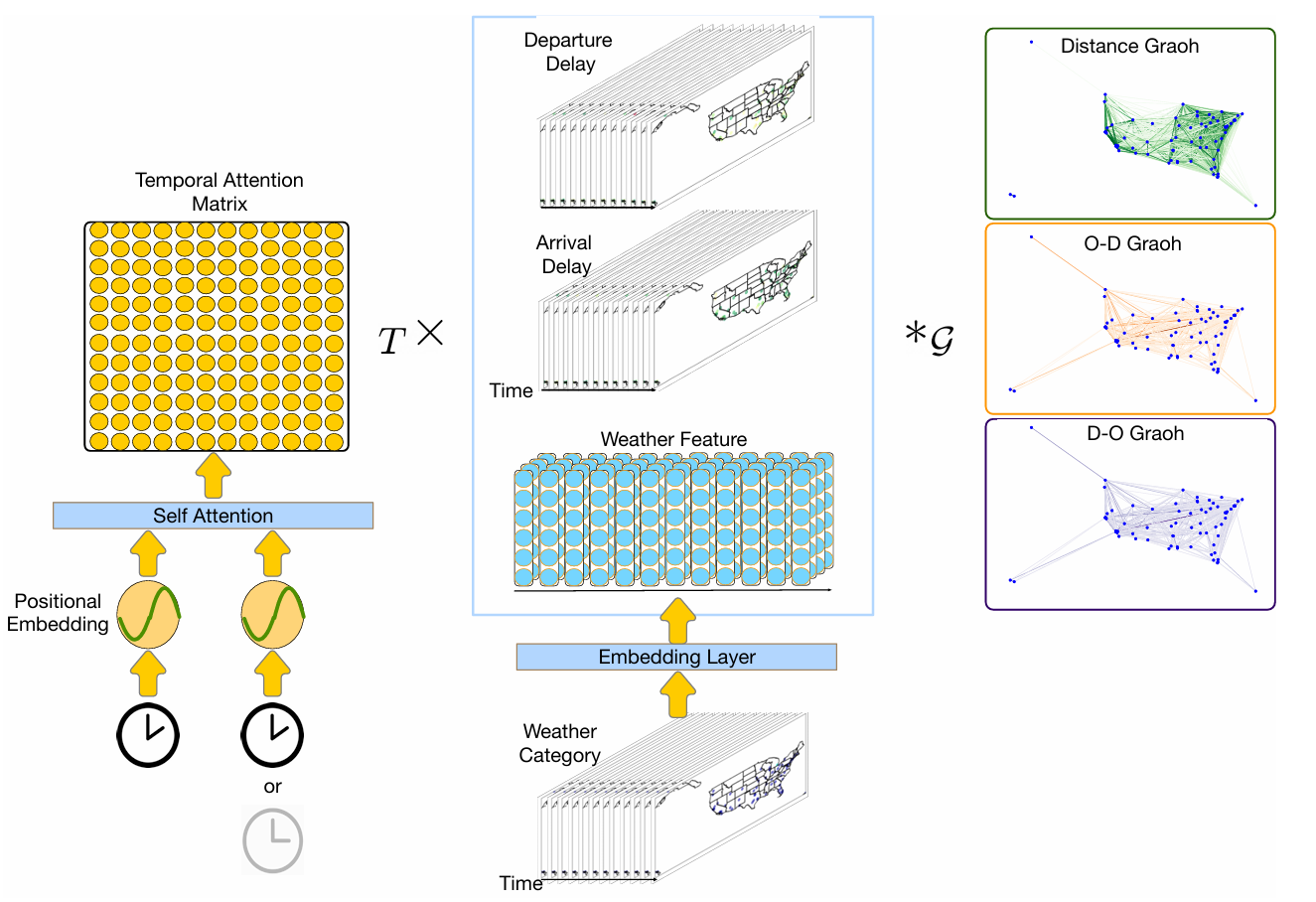 Spatiotemporal Propagation Learning for Network-Wide Flight Delay Prediction TKDE, 2023.
Spatiotemporal Propagation Learning for Network-Wide Flight Delay Prediction TKDE, 2023.A propagation-aware modeling framework that learns how delays spread across the air network, enabling accurate system-wide predictions.
-
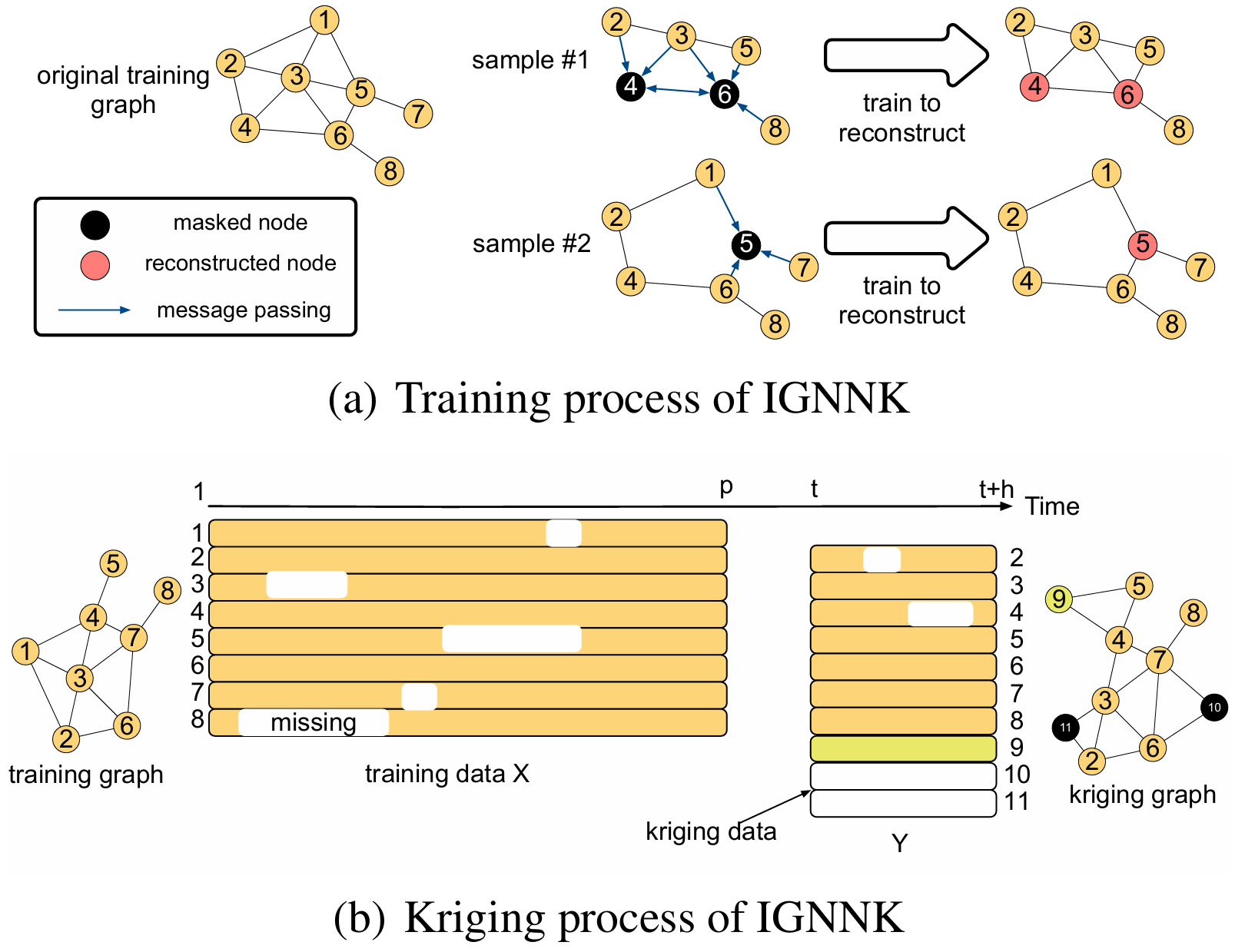 Inductive Graph Neural Networks for Spatiotemporal Kriging AAAI, 2021.
Inductive Graph Neural Networks for Spatiotemporal Kriging AAAI, 2021.Introduces an inductive GNN for kriging that generalizes to unseen nodes and times, improving imputation on sparse spatiotemporal data.
-
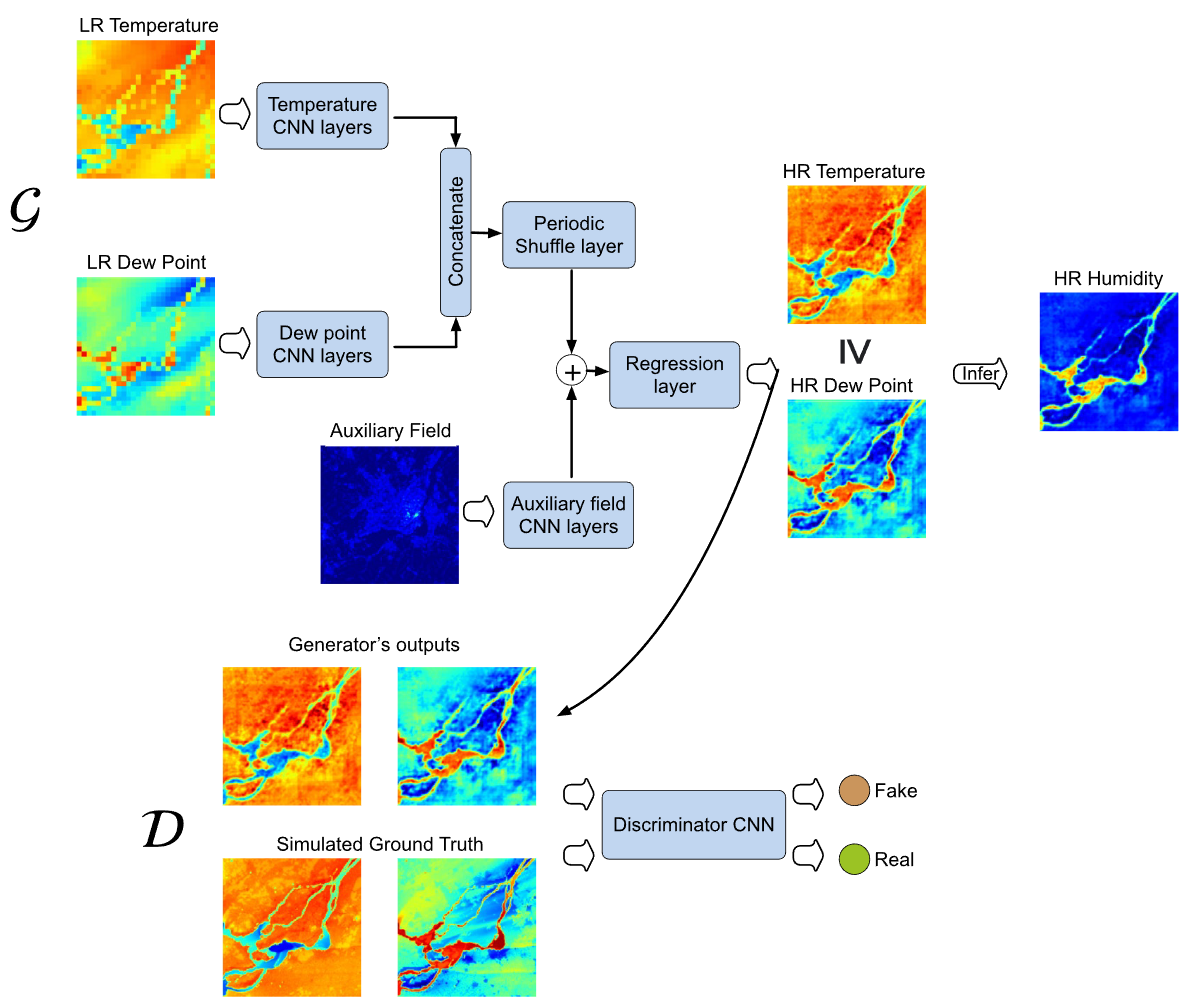 Deep Learning‐Based Super‐Resolution Climate Simulator‐Emulator Framework for Urban Heat Studies Geophysical Research Letters, 2021.
Deep Learning‐Based Super‐Resolution Climate Simulator‐Emulator Framework for Urban Heat Studies Geophysical Research Letters, 2021.A deep super-resolution pipeline that emulates high-resolution climate fields for urban heat analysis at reduced computational cost.
Granted Research Funding (selected)
- Abnormal Detection System for Nuclear Reactor Operations
- Integrated Data Platform for Electric Vehicles, Roads, and Chargers
- Urban Metro Power Comsumption Forecasting Project
- Deep Spatio-Temporal Representation Techniques for Multi-Modal OD Flow
- Prediction and Decision-Making Intelligence for Transportation Systems
- Image Detection for Transmission Components via Spatial Scale Standardization
- Spatiotemporal Data-Driven Intelligent Transportation System Modeling
- Flight Delay Modeling and Prediction with Graph Neural Networks
- Survey on Deep Learning for ITS
- Spatiotemporal Data-Driven Safe and Intelligent Air Traffic Management
- Deep Spatiotemporal Modeling for Urban Traffic Data
Students
Our group includes Ph.D., M.S., and undergraduate students. See the full roster on the students page.
Contact
For prospective students and collaborators, please email wuyk0@scu.edu.cn or Kaimaogege@gmail.com .
